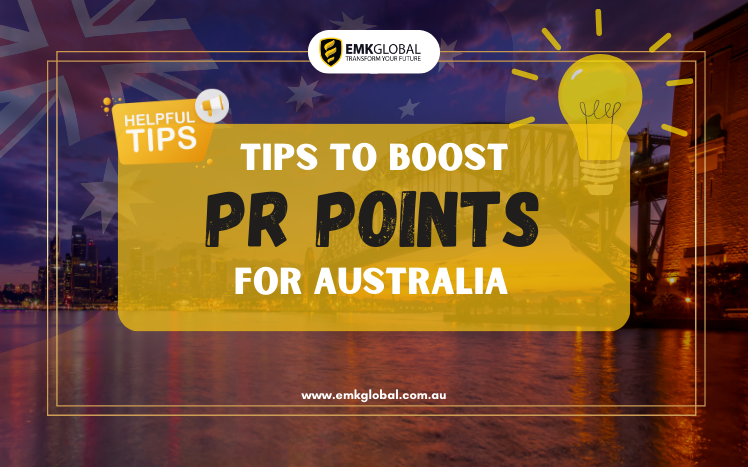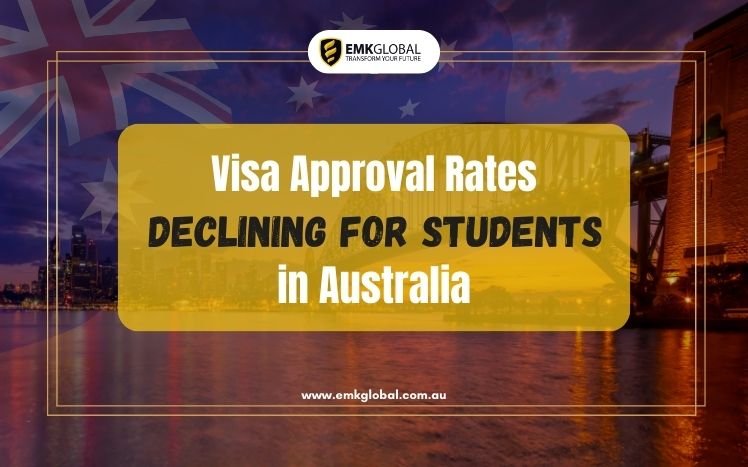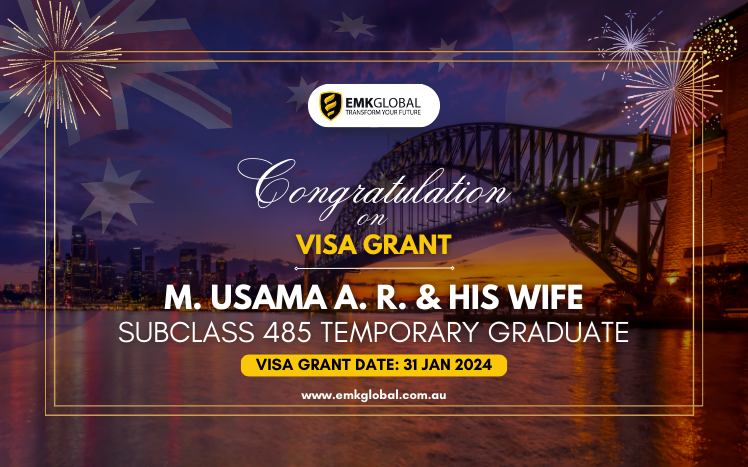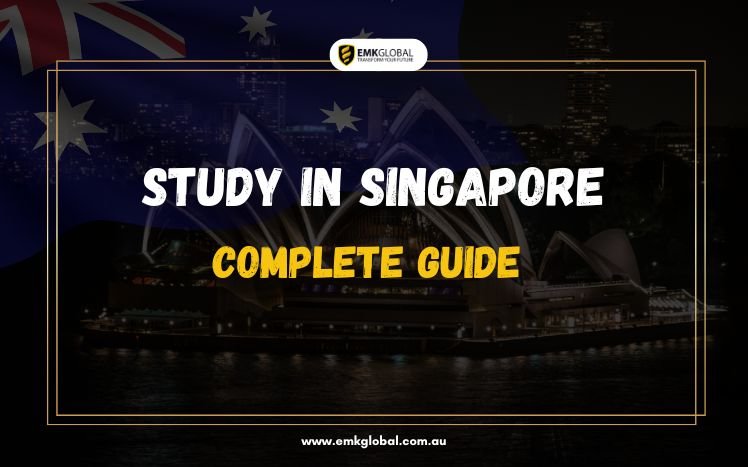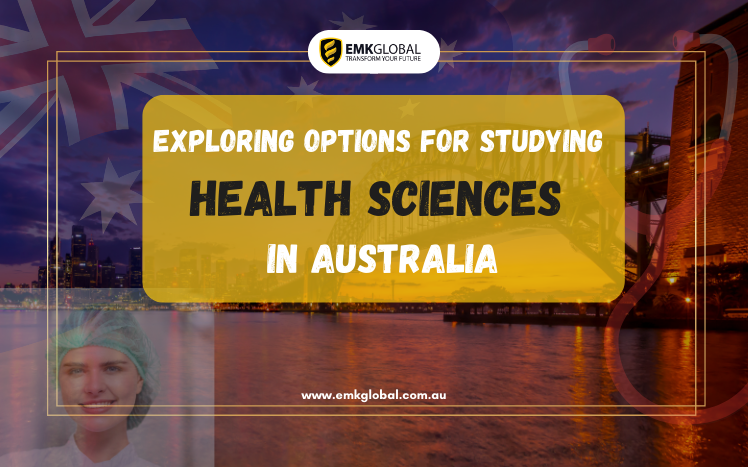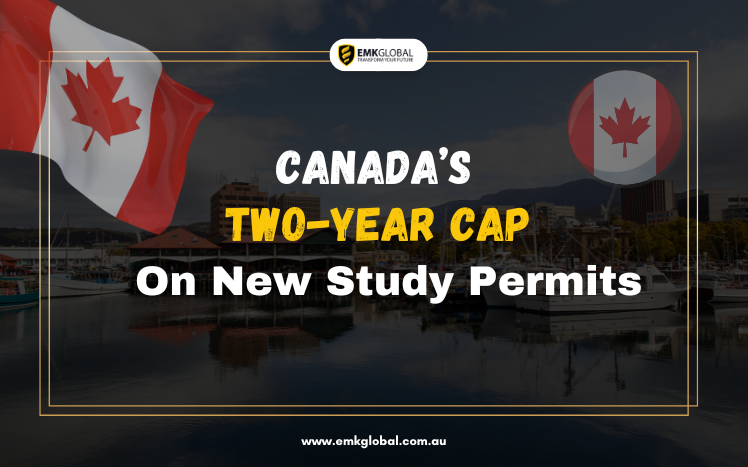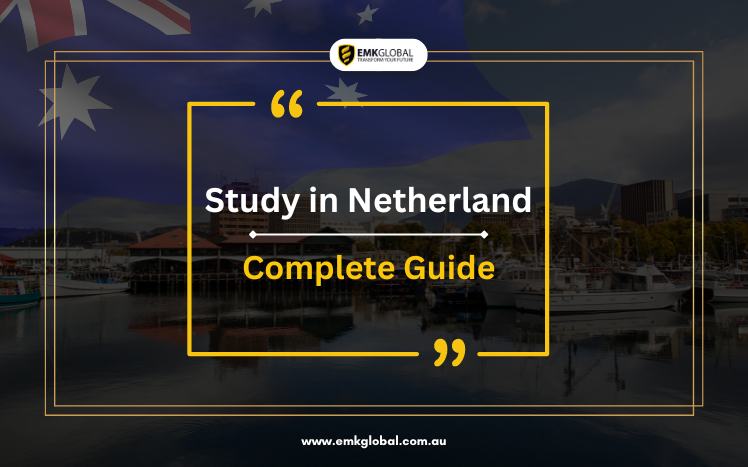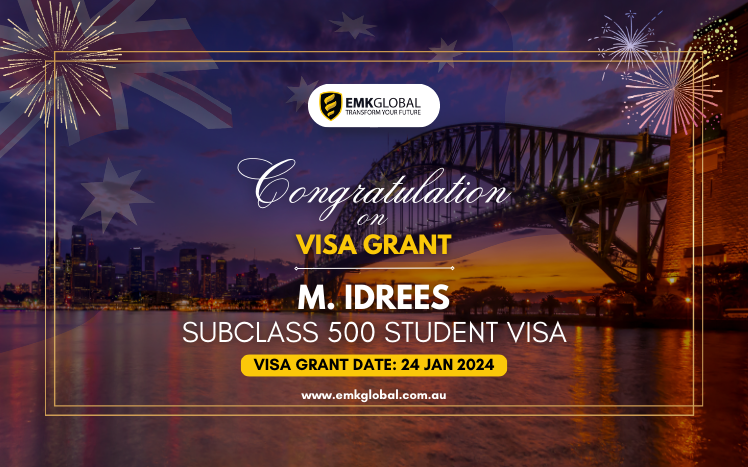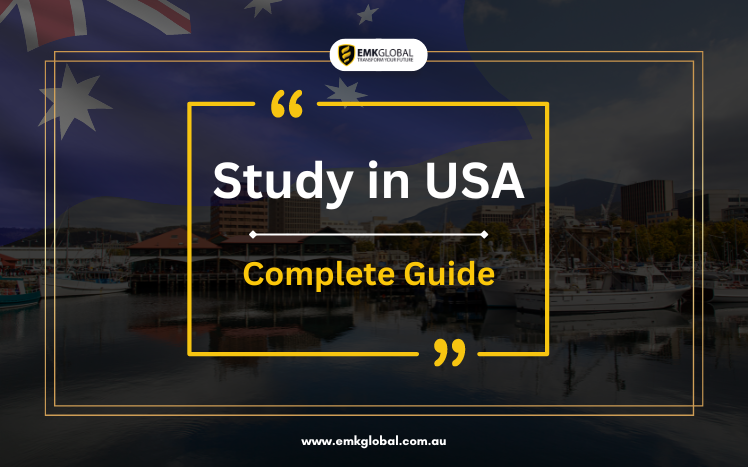Australia, with its thriving economy and high living standards, remains a sought-after destination for many. Gaining Permanent Residency (PR) in Australia is an aspiration for numerous candidates, and understanding the point-based test system is crucial for success.
Common Ways of Obtaining Permanent Residency
1. Work-stream Permanent Visa
This pathway caters to skilled workers sponsored by Australian employers. Subclasses include skilled independent visa (subclass 189), skilled nominated visa (subclass 190), and skilled regional or provisional visa (subclass 491).
2. Family-stream Permanent Visa
Allows for permanent residency and the inclusion of partners or family members, with eligibility criteria to consider.
3. Investor Stream Permanent Visa
An opportunity for entrepreneurs and investors to establish a business in Australia, leading to permanent residency.
Essential Tips to Increase PR Points for Australia
Before diving into the tips, understanding the three main pathways is crucial.
1. Improve Your English Language Proficiency
Scoring well in English language tests is vital for gaining PR points. Specific points are allocated based on IELTS scores, emphasizing the importance of language proficiency.
2. Gain Valuable Work Experience
Accumulating relevant work experience, both domestically and internationally, contributes significantly to PR points. Points increase with the duration of work experience.
3. Choose a Course from the Skilled Occupation List
Selecting a course from the Australian Skilled Occupation List enhances PR chances. Post-study work visas provide an opportunity to accumulate additional points.
4. Language Accreditation
Obtaining accreditation in community languages through institutes like NAATI adds five points to your PR visa application.
5. Fulfill the Age Requirements
Meeting age criteria is crucial for scoring PR points. Points peak between ages 25 and 32, emphasizing the advantage of age in the application process.
6. Receive State or Territory Nomination
Acquiring nomination from a state or territory government ensures additional PR points, emphasizing the need for specific skills or work experience.
7. Apply for A Regional Area
Choosing regional areas for work or study adds five points, but it requires completing qualifications in designated regions.
8. Partner Skills Assessment
Partner involvement in the skilled visa application can earn an extra ten points, provided both partners meet specific criteria.
9. Meet the Education Requirements
Educational background and level significantly impact PR points. Points increase with higher education levels, encouraging candidates to pursue advanced degrees.
10. Join A Professional Year Program
Enrolling in a professional year program allows gaining practical experience, earning five extra points in an eligible skilled occupation.
How Can The Migration Help You?
Navigating the complex Australian immigration process demands expert guidance. The Migration, a registered company with MARA-certified agents, offers authentic and affordable consultation services. Their expertise covers document gathering, ensuring a smooth and streamlined journey toward Australian Permanent Residency.
Conclusion
Embarking on the journey to Australian Permanent Residency requires strategic planning and adherence to the PR points system. Following these tips, combined with professional guidance from The Migration, increases your chances of a successful application.
FAQs
- How long does it take to get PR in Australia?
- The processing time varies, but on average, it takes several months to a year.
- Is seeking professional help from immigration lawyers worth it?
- Yes, professional assistance is crucial, given the complexity of the Australian immigration process.
- Does a skilled independent visa require work experience in Australia?
- Work experience, both domestic and international, contributes to eligibility and points for a skilled independent visa.


